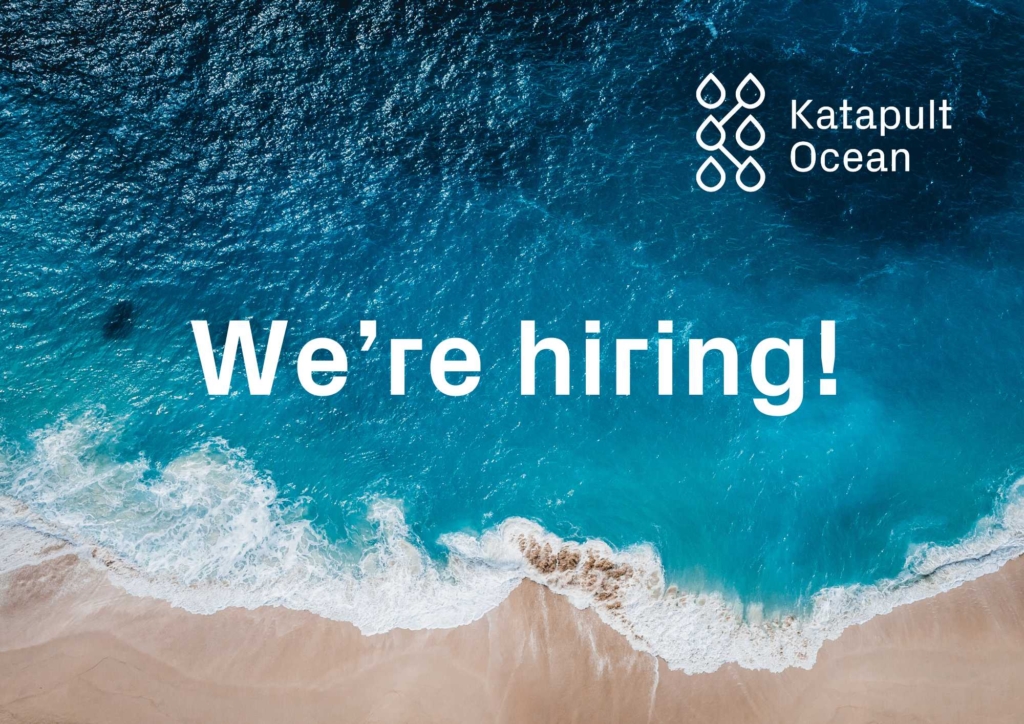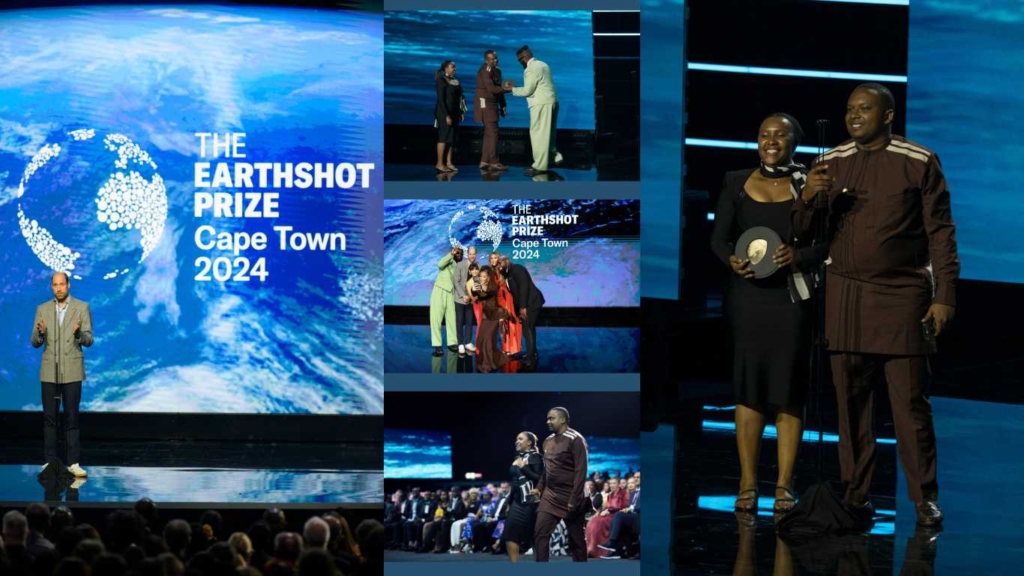Cohort 2023: HERlab

HERlab is a synthetic biology startup aiming to change the food system by finding hidden gems in thousands of unexplored yeasts.
The Problem
For years, biotech has been successful in using only a handful of microbes for precision fermentation. However, using them to produce food ingredients in high volumes still is prohibitively expensive due to a high cost of feedstock, expensive protein purification, and laborious genetic engineering processes.
The Solution
HERlab have screened 1300 of known but unexplored yeasts, aiming to select the ones that are naturally suitable for an industrial scale-up by analyzing their genomes, characterizing their behavior, developing robust genetic engineering tools, and finally optimizing titers for the most promising candidates.
HERlab’s Impact
“HERlab will unlock major bottlenecks and open the door to synthetic biology revolution — enabling novel, low-emission, circular, climate, and geographically independent ways of producing any biomolecules: proteins, lipids, vitamins, fragrances, or chemicals.
Success in this area would lead to the rapid reduction of GHG-heavy and cruelty-loaded animal-based proteins and fats, and lead to a massive net-positive environmental impact.”
Deimena Drasutyte, CEO / Founder
Why we invested
Given the challenges to reduce the impact from the meat industry, alternative protein has grown significantly over the last years, but optimisation of processes and solutions in the space has been limited to a few specific yeast hosts, which can represent technical obstacles to lower cost and vastly increase production capacity. Considering the situation, HERlab was created to discover non-conventional yeast hosts that might have the potential to unlock true scalability in the precision fermentation space.
Join HERlab at Katapult Climate’s Investor Day, sign up here.

